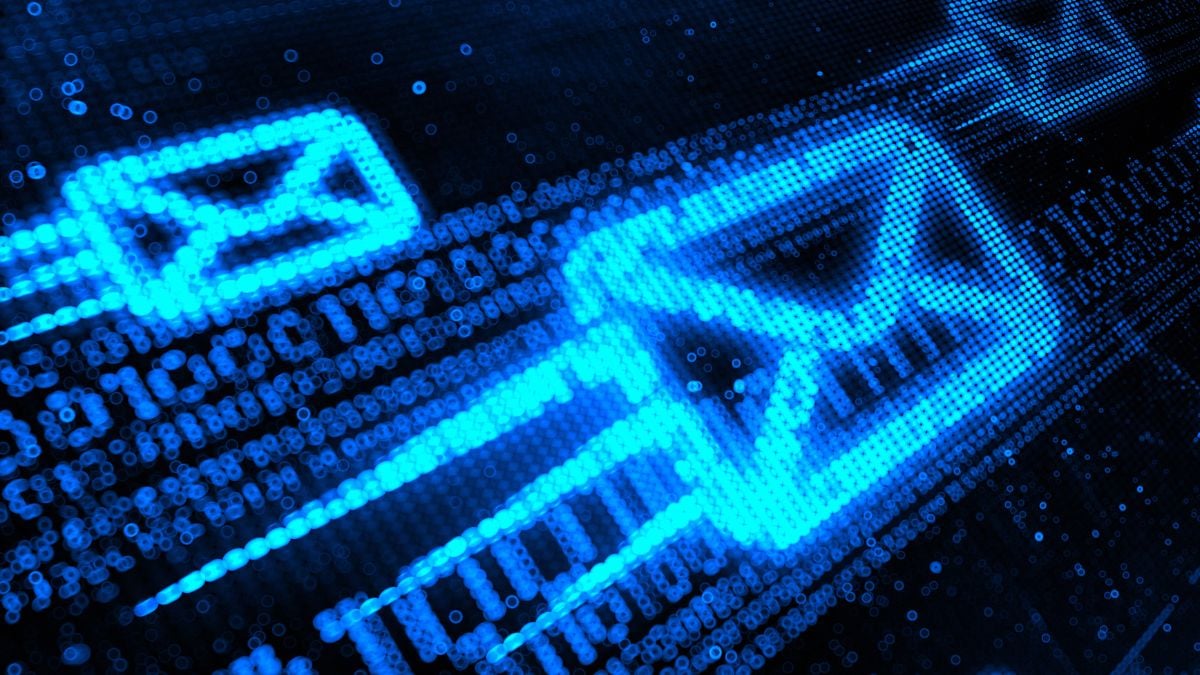
The Federal Bureau of Investigation (FBI) and the Cybersecurity and Infrastructure Security Agency (CISA) have issued a stark warning about unencrypted text messaging between iPhone and Android devices. The growing risk of cyberattacks, especially those linked to China, has prompted these agencies to urge users to adopt secure messaging practices. Here are five critical facts to understand this issue and how it affects your digital security.
1. What is the FBI warning about?
The FBI and CISA have highlighted a major vulnerability in communications between iPhone and Android devices when text messages are sent without encryption. This risk stems from a series of sophisticated cyberattacks attributed to the group “Salt Typhoon,” believed to be linked to China’s Ministry of Public Security.
The agencies recommend avoiding standard SMS or unencrypted messaging platforms. Instead, users are urged to switch to end-to-end encrypted apps like Signal, WhatsApp, or Google Messages for added security. These platforms ensure that only the sender and the recipient can access the message content, making interception virtually impossible.
ALSO READ. Mexican christmas traditions: how does mexico celebrate christmas?
2. Who is Salt Typhoon, and why is it a threat?
Salt Typhoon is a cyberespionage group identified by Microsoft and tied to extensive data breaches. The group reportedly accessed networks of major U.S. telecom providers, including AT&T, Verizon, and Lumen Technologies. Sensitive information, such as call logs, message histories, and even entire conversations, was compromised.
Salt Typhoon’s attacks specifically targeted political and governmental figures in Washington, D.C., heightening national security concerns. These breaches represent one of the most significant intelligence compromises in U.S. history, according to cybersecurity experts.
ALSO READ. Melania Trump ornaments 2024: how much does the limited edition Christmas cost?
3. Why are unencrypted messages vulnerable?
Text messages sent between iPhone and Android users often rely on Rich Communication Services (RCS) instead of end-to-end encryption. While RCS offers some protection by hiding data from telecom carriers, it does not encrypt the messages fully. This means that hackers, or even companies like Google under legal requests, can potentially access these messages.
Encrypted messaging apps, on the other hand, use robust protocols like Signal’s encryption standard to ensure that even intercepted messages cannot be read. For example, when iMessage users communicate solely within the Apple ecosystem, their chats are encrypted. The same applies to Google Messages when used exclusively among Android devices. Problems arise when cross-platform communication occurs, leaving messages vulnerable.
Messages susceptible to attack include those sent via standard SMS or non-encrypted applications. For instance, if an iPhone user sends a text message to an Android device through the default messaging app, the message content will only be protected by Rich Communication Services (RCS), a standard that lacks end-to-end encryption. This means an attacker could intercept the message in transit, gaining access to sensitive information like passwords, addresses, or banking details.
4. What steps can users take to protect their data?
The FBI and CISA have outlined several steps for users to safeguard their communications:
- Use encrypted messaging apps: Make Signal or WhatsApp your default texting platform.
- Keep your devices updated: Regular system updates patch vulnerabilities that hackers exploit.
- Enable multi-factor authentication (MFA): Add an extra layer of security to all your accounts.
- Avoid public Wi-Fi for sensitive communications: Hackers can intercept data transmitted over unsecured networks.
- Regularly review app permissions: Limit apps’ access to your contacts and messages.
For phone calls, both Apple’s FaceTime and Google Fi provide encryption for internet-based calls, offering a more secure alternative to traditional networks.
5. How are tech companies responding to this threat?
Apple and Google are under pressure to improve encryption for RCS messaging. Apple is reportedly working on updates to allow users to choose more secure messaging defaults, while Google collaborates with the GSMA (a global telecommunications body) to enhance RCS encryption.
However, progress has been slow, with encryption still not universally implemented. This has left millions of users exposed to potential breaches, as evidenced by Salt Typhoon’s massive hack. According to Forbes, Apple’s upcoming iOS 18.2 update may provide more flexibility for secure messaging, signaling a step in the right direction.
6. Why is this issue urgent now?
The risks posed by state-sponsored cyberattacks have escalated in recent years. The Salt Typhoon breach underscores how easily critical data can fall into the wrong hands. From political figures to everyday citizens, no one is immune from these threats.
Cybersecurity experts warn that until end-to-end encryption becomes a universal standard, users must take proactive measures to secure their digital interactions. “Encryption is your best defense,” emphasized Jeff Greene, a senior official at CISA.
The FBI’s warning serves as a wake-up call: in an age where cyber threats are omnipresent, securing your communication is no longer optional—it’s a necessity.










